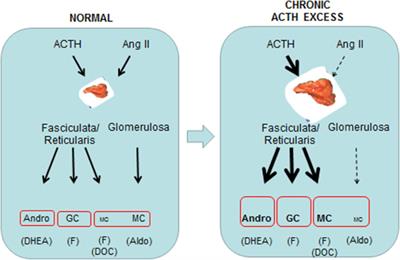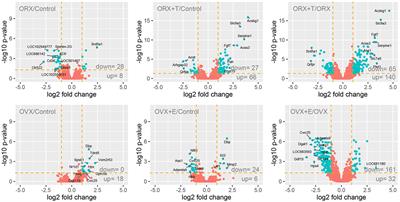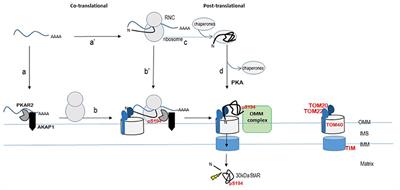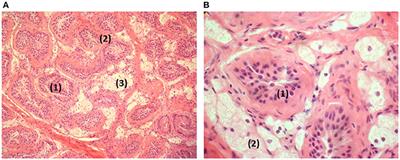EDITORIAL
Published on 12 Jun 2017
Editorial: ACTH Action in the Adrenal Cortex: From Molecular Biology to Pathophysiology
doi 10.3389/fendo.2017.00101
- 6,227 views
- 27 citations
56k
Total downloads
290k
Total views and downloads
Select the journal/section where you want your idea to be submitted:
EDITORIAL
Published on 12 Jun 2017
REVIEW
Published on 28 Apr 2017

REVIEW
Published on 23 Mar 2017

MINI REVIEW
Published on 08 Mar 2017

ORIGINAL RESEARCH
Published on 15 Feb 2017

REVIEW
Published on 08 Feb 2017

REVIEW
Published on 06 Feb 2017

PERSPECTIVE
Published on 20 Jan 2017

MINI REVIEW
Published on 14 Dec 2016

MINI REVIEW
Published on 06 Dec 2016

ORIGINAL RESEARCH
Published on 21 Nov 2016

REVIEW
Published on 30 Aug 2016


Frontiers in Neuroscience